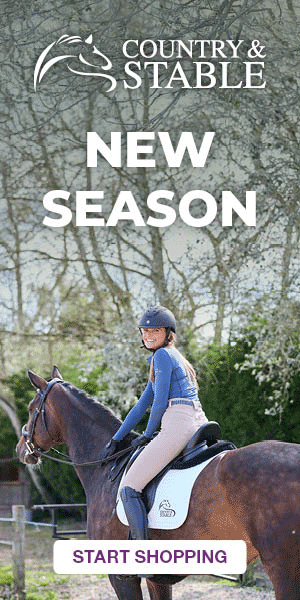New UK Road Safety Laws: How They Impact Horse Riders in 2025
A Crucial Update for UK Horse Riders
For equestrians across the UK, road safety is a top concern. With increasing traffic and evolving regulations, staying informed about new laws is essential to ensure both rider and horse safety. In 2025, significant changes to UK road safety laws aim to enhance protection for vulnerable road users, including equestrians. Here’s what you need to know and how these updates will impact your riding routine.
Key Changes in UK Road Safety Laws Affecting Horse Riders
1. Stricter Passing Distance for Vehicles
The UK Highway Code has been updated to reinforce the minimum passing distance when overtaking horses. Drivers must now:
- Leave at least 2 metres of space when passing horses on rural and urban roads.
- Reduce their speed to 10 mph or lower when overtaking.
This law strengthens previous recommendations and legally binds motorists to give equestrians adequate space, significantly improving rider safety.
2. Increased Penalties for Careless Driving Near Horses
Harsher penalties target reckless driving around horses. Drivers who fail to slow down or pass safely risk:
- Hefty fines starting at £200
- Points on their driving licence
- Potential driving bans for serious offences
These penalties aim to discourage unsafe driving habits and increase awareness among motorists about equestrian safety.
3. Mandatory Headlights & Hi-Vis Gear for Riders in Low Visibility Conditions
A new rule requires riders to wear Hi-Vis clothing and reflective gear during low-light conditions (e.g., early morning, dusk, foggy weather). While many equestrians already follow this practice, it is now a legal requirement, ensuring greater visibility for all road users.
4. New Highway Code Rules for Riding in Groups
The updated Highway Code also includes guidance for group riding:
- Riders must avoid blocking entire lanes and ride in single file on narrow or busy roads.
- Hand signals must be used clearly to indicate turns and stops.
- At junctions, riders should follow the ‘first come, first served’ rule while remaining cautious.
These updates enhance organization on roads and help prevent accidents caused by miscommunication between drivers and equestrians.
When Drivers Don’t Follow the Rules
In a recent incident in Hampshire, a rider shared how a car overtook her horse at high speed, causing the horse to spook and bolt. Luckily, no one was injured, but the incident highlights why these new road laws are crucial for equestrian safety.
How Horse Riders Can Stay Safe on UK Roads
To adapt to these new laws and stay safe, riders should take proactive measures:
1. Invest in Proper Safety Gear
- Wear a hi-vis vest or jacket (especially in low-light conditions).
- Use reflective bands on your horse’s legs and bridle.
- Equip your horse with a hi-vis exercise sheet in winter months.
Read our guide on The Best Horse Tack Brands for 2025 for recommended safety gear.
2. Plan Routes Carefully
- Choose roads with less traffic and wider verges.
- Ride during daylight hours whenever possible.
- Inform someone about your route, especially if riding alone.
For more safety strategies, check out Building a Strong Equestrian Community.
3. Train Your Horse for Road Encounters
- Familiarize them with traffic noise gradually.
- Desensitize them to vehicles, cyclists, and pedestrians.
- Ride with experienced horses to build confidence.
New to horse training? Read How to Become a Horse Trainer: A Guide for Beginners with No Experience.
Frequently asked Q&’As
Q: What should I do if a driver doesn’t slow down for my horse?
A: If safe, try to signal them to slow down. If they behave dangerously, note their license plate and report them to the police using the BHS Horse Incidents website.
Q: Can I ride two horses side by side on the road?
A: Yes, but only when it is safe to do so. On narrow roads, riders must move into a single file formation.
Q: Do I need to wear high-visibility clothing when riding on the road?
A: It’s highly recommended. High-vis clothing helps drivers see you from a distance, giving them more time to slow down and pass safely.
Q: Can horses legally use roundabouts?
A: Yes, but riders should stay to the left, signal clearly, and follow the safest route for their horse. Be aware of traffic and avoid crossing multiple lanes if possible.
Q: What’s the best way to signal a driver to slow down when riding?
A: Extend your arm and move it up and down in a slow motion. Always be polite and thank considerate drivers with a nod or a raised hand.
Q: Are there rules about riding horses on cycle paths?
A: Yes, horses are generally not allowed on cycle paths unless signs specifically permit it. Always check local signage.
Q: Should I report near misses with vehicles while riding?
A: Yes! Report any incidents to the BHS Horse Incidents website to help track problem areas and improve road safety for riders.
Q: Can I use a mobile phone while riding on the road?
A: While not illegal, it’s strongly advised not to use a phone when riding in traffic, as it can distract you from hazards and reduce control over your horse.
Related Articles from Sell Your Horse:
- How Much Does a Horse Cost in the UK? Your Complete Guide to Buying & Keeping
- Do’s and Don’ts of Listing a Horse for Sale
- Prepare Your Horse for Sale: Guide to Maximizing Success
Authoritative External Resources:
- British Horse Society (BHS) Road Safety Guidelines
- Gov.uk Highway Code Equestrian Rules
- Think! Road Safety Campaign

Conclusion: Ride Smart, Stay Safe
✅ Wear hi-vis gear & reflective accessories
✅ Check weather & traffic conditions
✅ Plan the safest route & inform someone
✅ Carry a phone & emergency contact details
✅ Train your horse for unexpected road encounters
The 2025 UK road safety law updates provide better protection for horse riders, but it’s essential for equestrians to stay informed and proactive. By following these new rules, investing in safety gear, and training horses properly, riders can reduce risks and enjoy safer journeys on the road.
Do you have any road safety tips for fellow riders? Share your experiences in the comments below!

Welcome to Sell Your Horse, a platform dedicated to connecting equestrians with each other, making horse buying and selling easier and more transparent. With a focus on technology and community-building. My mission is to help like-minded equestrians find the right connections, share knowledge, and build a trusted equine network.




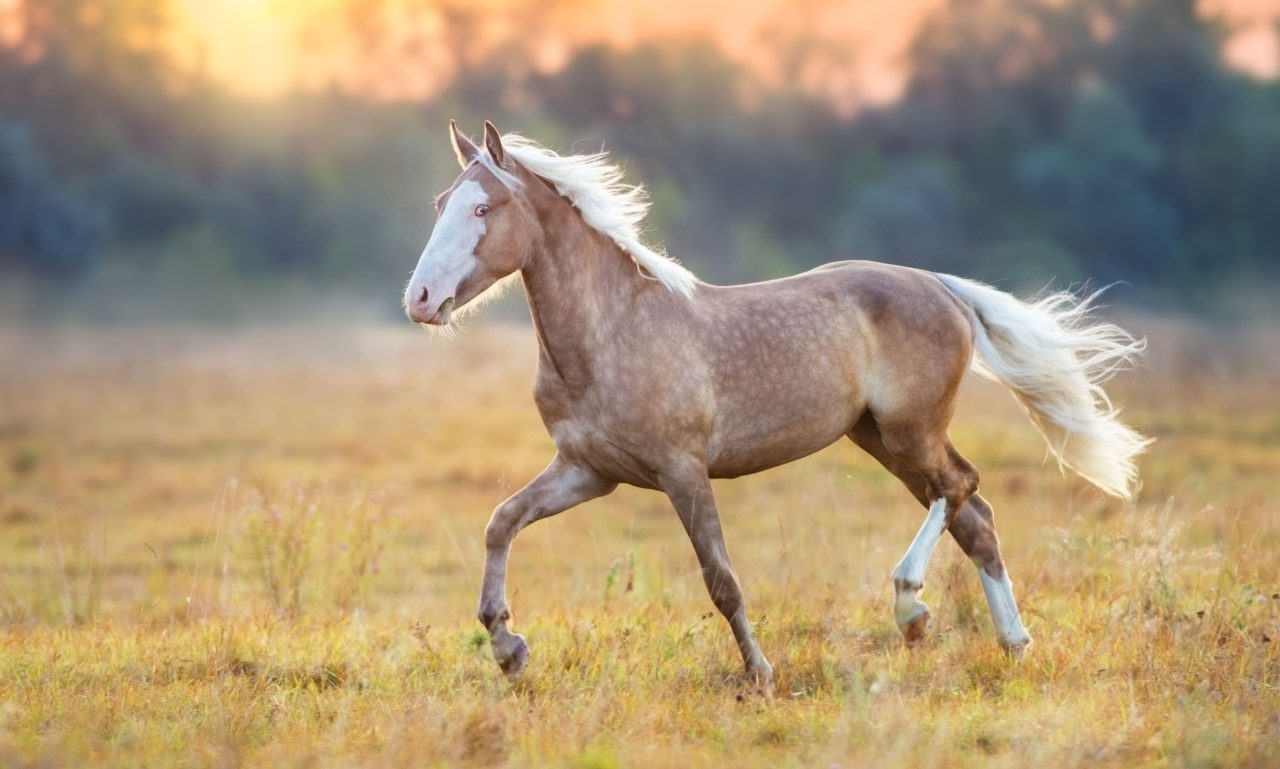
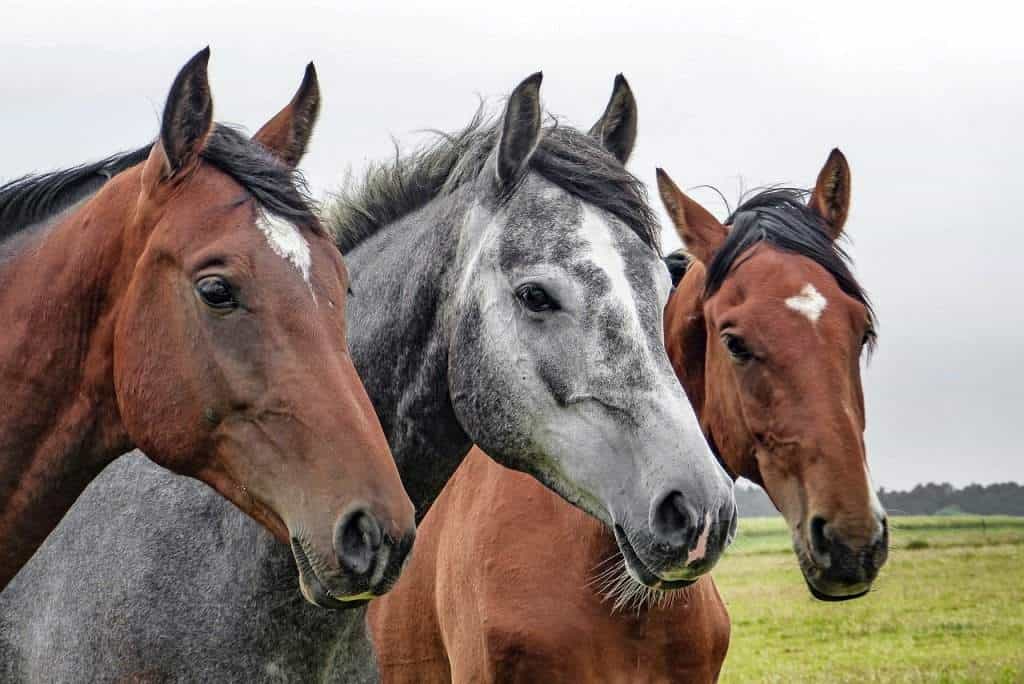
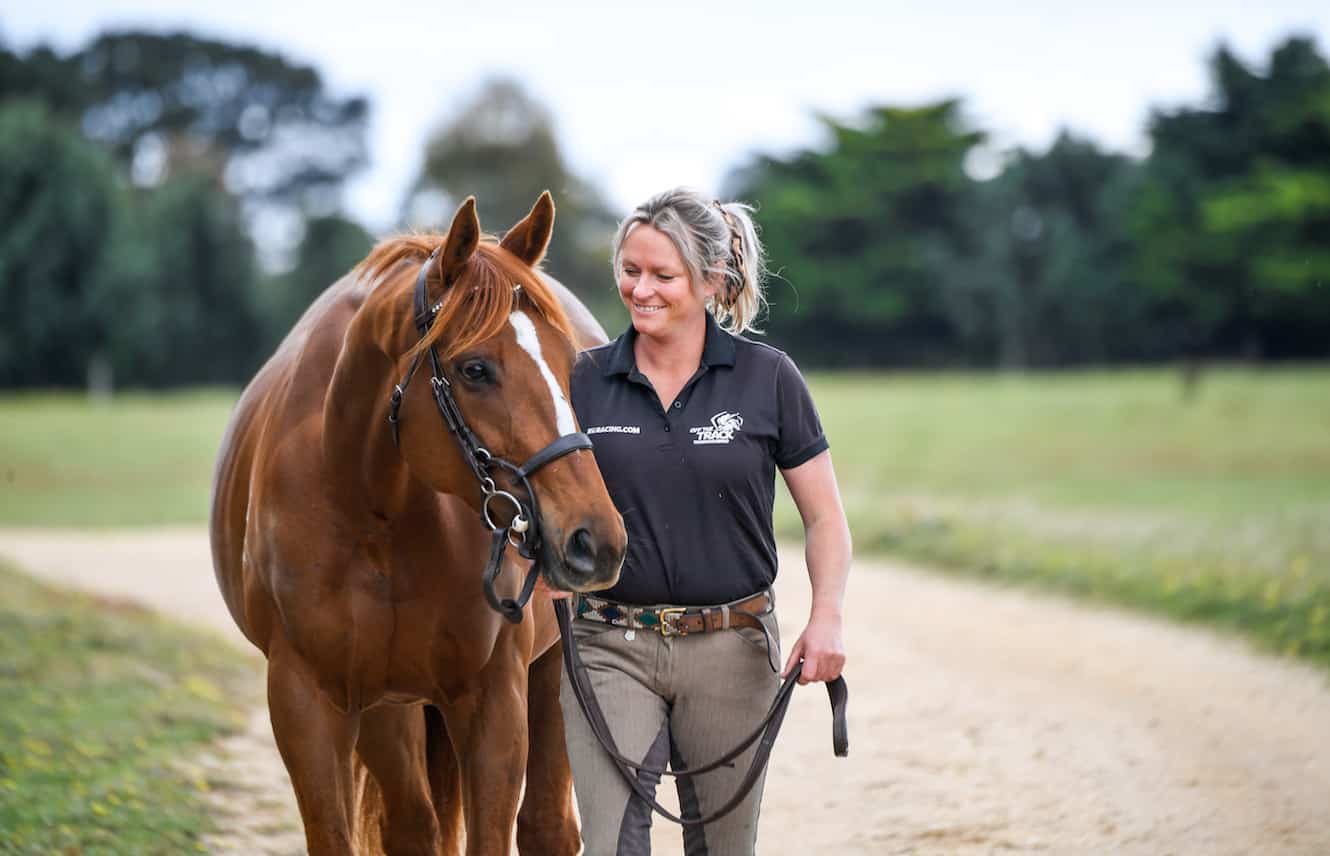

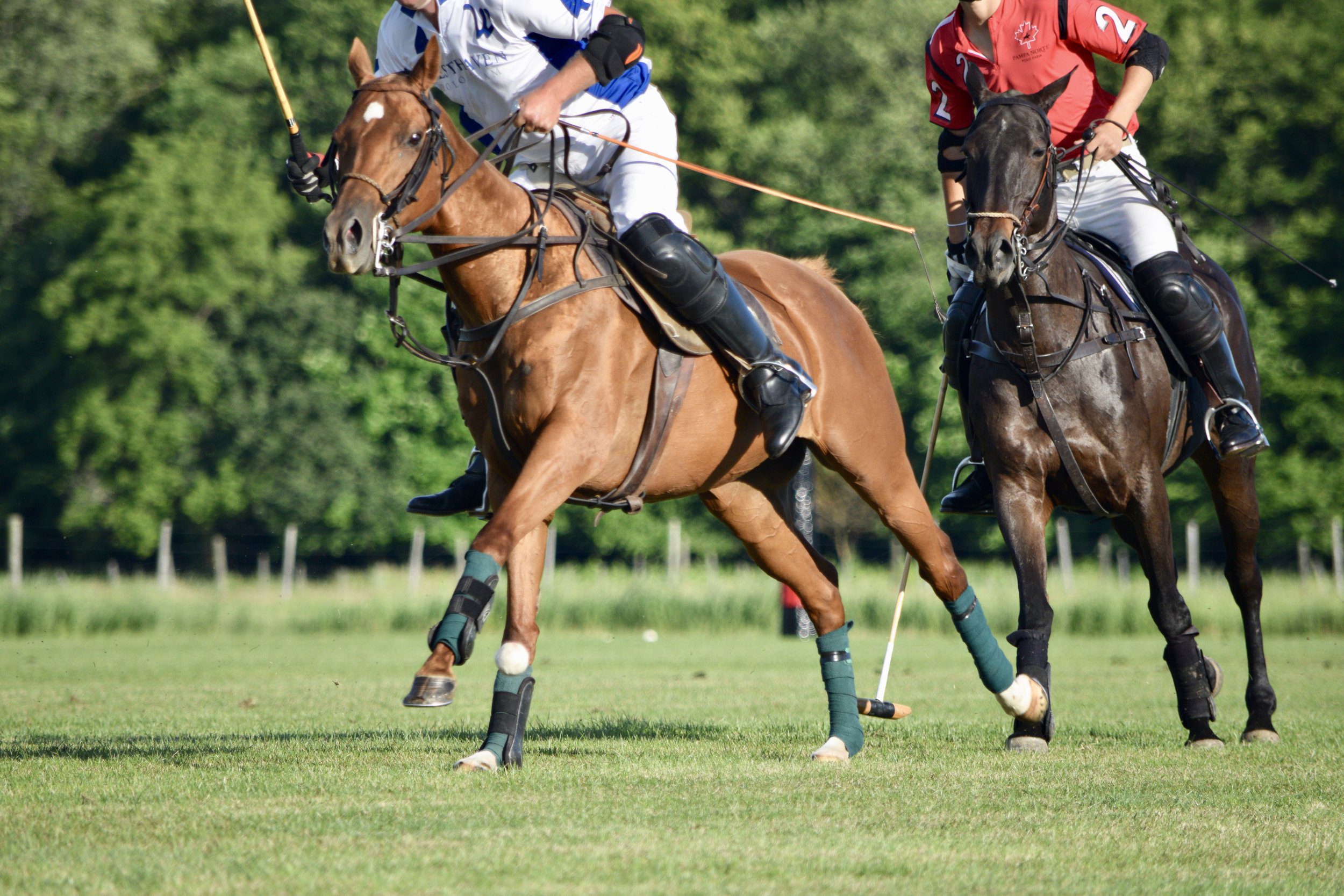
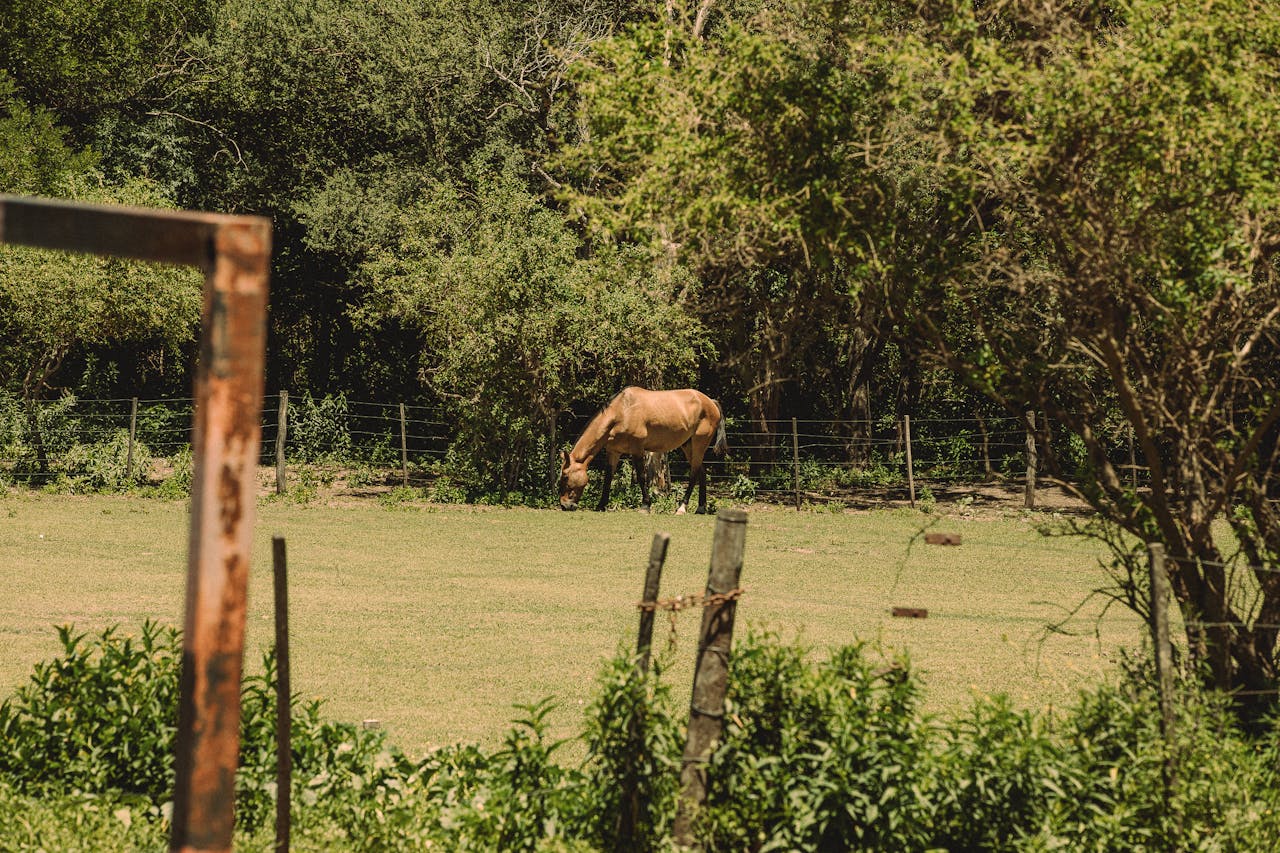
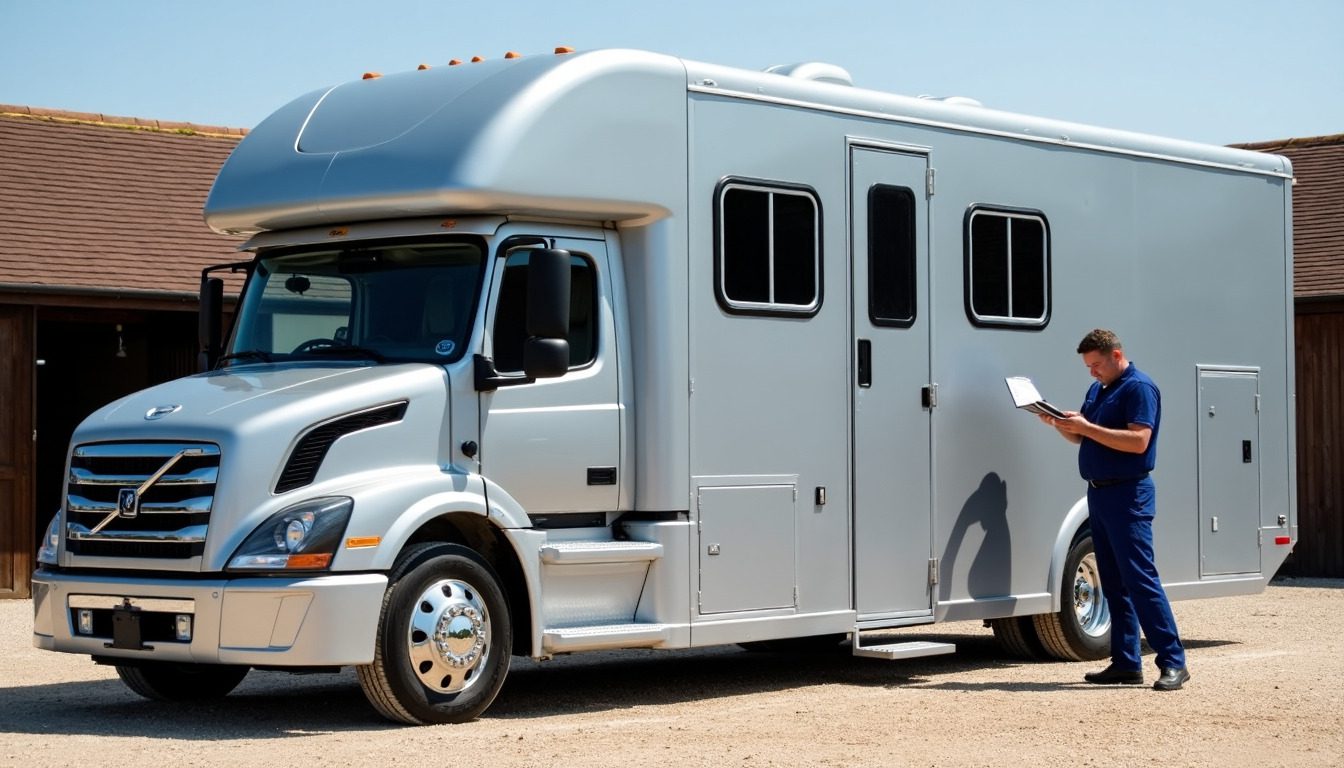
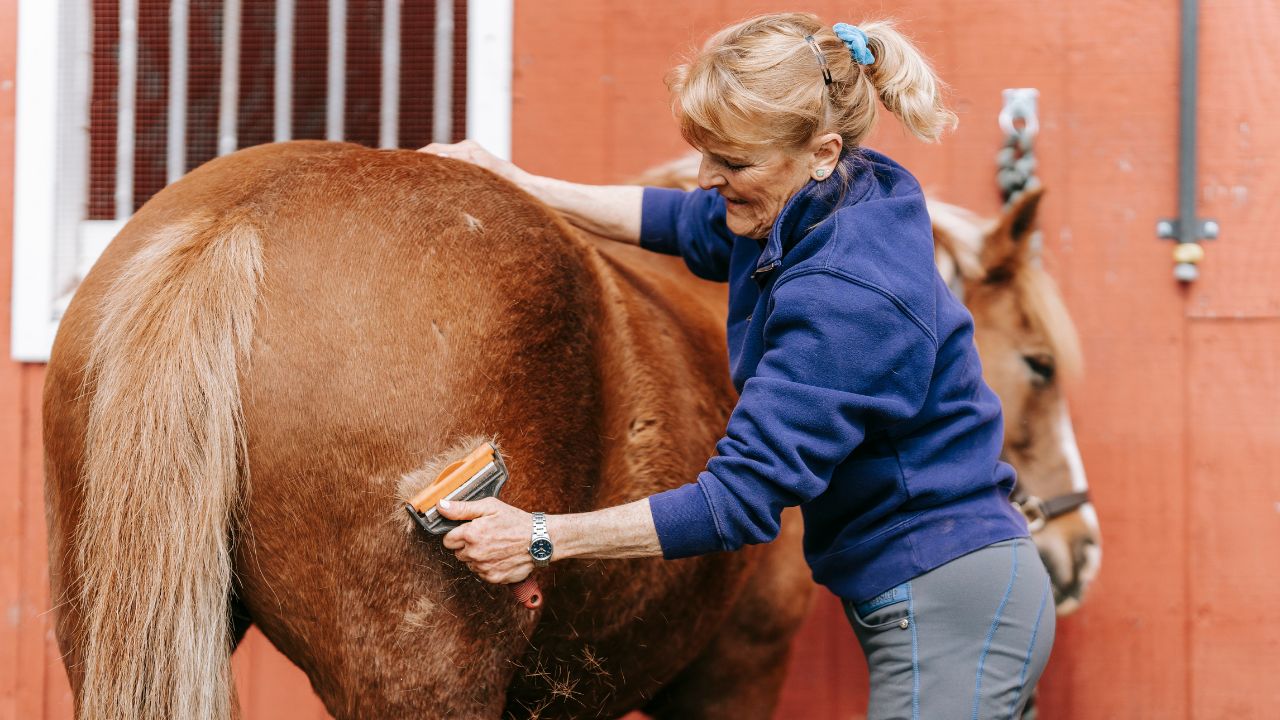
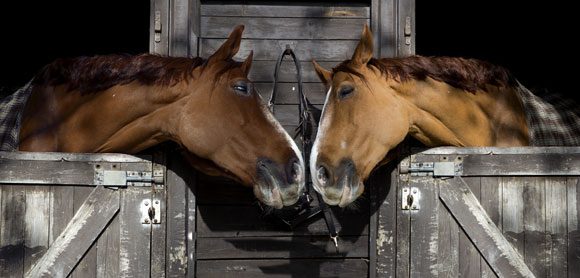
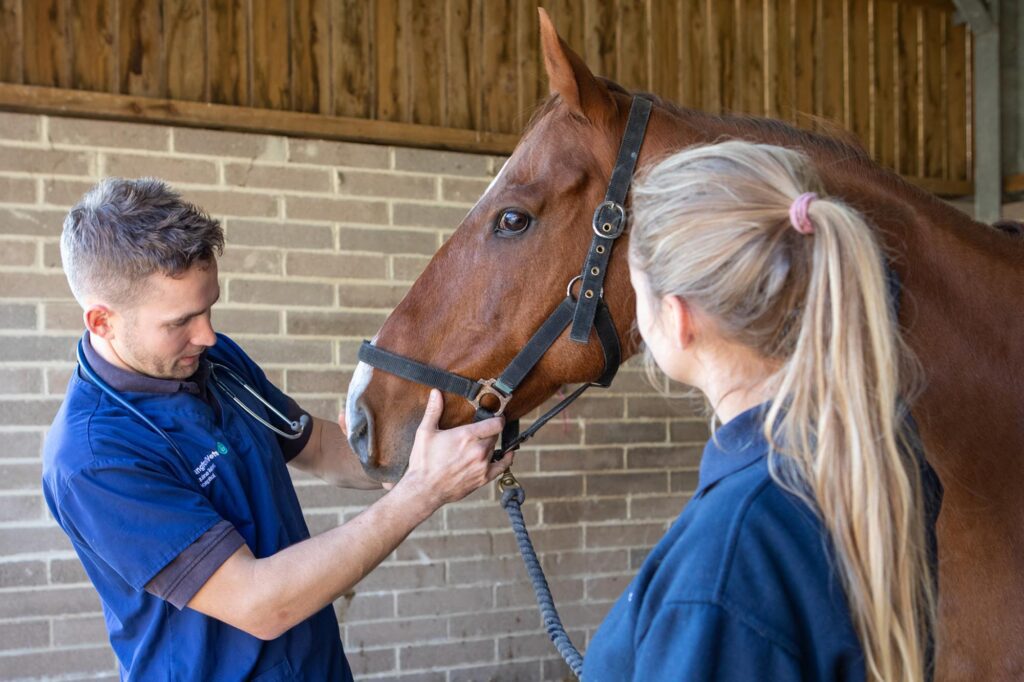
 Featured Listings
Featured Listings
 Adverts
Adverts
 Horses For Sale
Horses For Sale
 Tack & Equipment
Tack & Equipment
 Horseboxes & Trailers
Horseboxes & Trailers
 Equine Properties
Equine Properties
 4x4 Vehicles
4x4 Vehicles
 Horses For Loan
Horses For Loan
 Horses Wanted
Horses Wanted
 Stallions at Stud
Stallions at Stud
 Equine Services
Equine Services
 Riding Holidays
Riding Holidays
